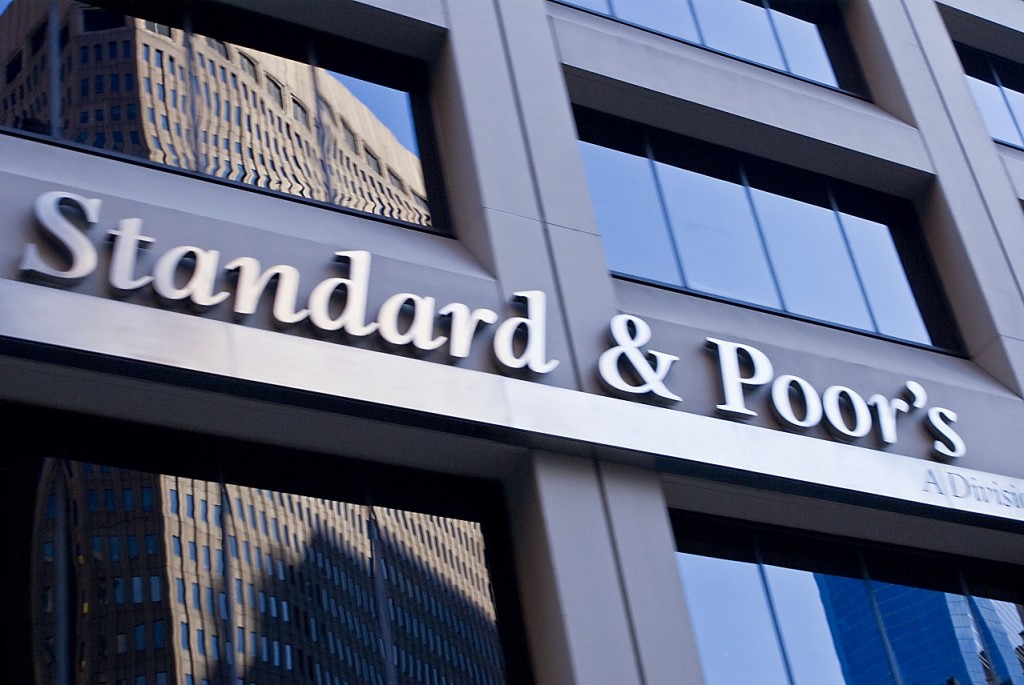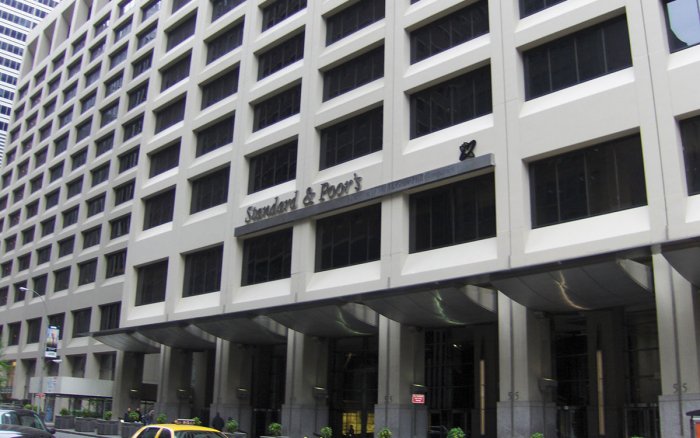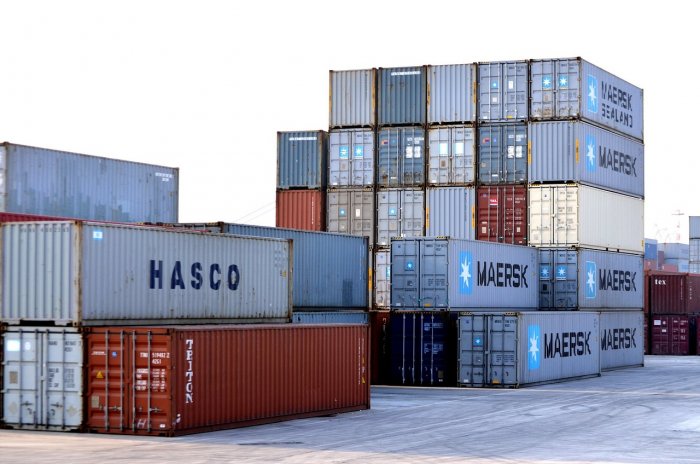S&P affirms Hungary ʼBBB-/A-3ʼ ratings; outlook ʼpositiveʼ

Standard & Poorʼs Global Ratings on Friday affirmed Hungaryʼs "BBB-/A-3" long and short-term foreign and local currency sovereign credit ratings. The outlook on the ratings remains "positive," Hungarian news agency MTI reported.
S&P similarly affirmed Hungaryʼs sovereign rating in its previous scheduled review on February 16, 2018.
"Hungaryʼs strong external profile, its resilient export-driven economy, low private sector debt levels, and the flexible exchange rate regime support the sovereign ratings," S&P said, explaining its rationale for affirming the ratings. "Relatively weak checks and balances between government branches, moderate wealth levels, and high public debt are key constraints on the ratings," it added.
S&P warned that the Hungarian economy has started to show signs of overheating, citing labor shortages and accelerated wage growth which have led to fast growth in unit labor costs. It noted that, in the absence of measures to boost productivity, prolonged overheating could weaken Hungaryʼs external competitiveness and balance of payments performance.
S&Pʼs base-case scenario suggests that Hungaryʼs longer-term GDP growth should moderate toward a potential of around 2.0-2.5%. The forecast reflects structural growth challenges that include poor demographics, a large public sector, a "challenging" business environment, low productivity and a chronic skills shortage, it added.
S&P noted that certain "unconventional" policies employed by the government of Prime Minister Viktor Orbán, aided by a favorable external environment, have helped reduce Hungaryʼs external vulnerability. Other policies, however, such as sectoral taxes that have "disproportionately fallen upon foreign investors," could hurt growth in the long term because they reduce competition, it added.
Procyclical fiscal policy
S&P projected the general government deficit would edge up in 2018 because of growth supporting spending proposals, but would likely be followed by some consolidation, with deficits stabilizing at 2.0-2.1% of GDP in 2020-2021. It added that state debt as a percentage of GDP was likely to stay elevated at slightly more than 65% of GDP through 2021.
S&P noted that its fiscal forecast does not factor in any contingent risk.
The ratings agency noted a continued improvement in Hungaryʼs banking sector, pointing to a big drop in non-performing loans (NPLs) in commercial real estate and recovering credit growth, with private sector lending up by more than 5% in 2017 and the first half of 2018.
"There is a high likelihood of further sustained loan growth, including in the household sector," it said. The stock of NPLs is likely to fall under 5% in 2018-2019, it added.
Positive outlook, with risks
The positive outlook on the rating "reflects Hungaryʼs strong growth and external performance, and the improved health of the financial sector," S&P said, adding that it could raise Hungaryʼs ratings in the next twelve months if economic growth continues to be stronger than that of most of the countryʼs peers.
"This scenario would also hinge on the authoritiesʼ ability to adjust the policy mix to a changing external environment, helping to maintain a current account surplus and keeping fiscal deficits contained," it added.
S&P warned that the outlook on the rating could be downgraded to "stable" if the downward trend in NPL stock is reversed or if Hungaryʼs open economy is impacted by some unexpected external shock.
"A negative rating action could also occur if Hungaryʼs public finances weakened; external vulnerabilities built up again; exchange rate policy became more interventionist; or if we observed further institutional weakening, for example in the relationship between Hungary and the EU, especially if we anticipated an eventual fiscal risk associated with such developments," S&P said.
Central bank weighs in
In a statement released after S&Pʼs announcement that it had affirmed Hungaryʼs ratings, the National Bank of Hungary (MNB) asserted that Hungary is "fit for an upgrade now, according to the MNBʼs assessment."
"Although S&P did not upgrade Hungary now, an improvement in the rating is expected early next year," the central bank added.
The reason for S&Pʼs decision to hold off on an upgrade could be a need to see Hungaryʼs favorable macroeconomic and fiscal indicators stabilize, the MNB said. The recent turbulent emerging market environment may also be a factor, it added.
Earlier this month, MNB Deputy Governor Márton Nagy had mentioned several positive developments in the Hungarian economy, concluding that "Hungary is due for another upgrade of its sovereign rating" on August 17.
SUPPORT THE BUDAPEST BUSINESS JOURNAL
Producing journalism that is worthy of the name is a costly business. For 27 years, the publishers, editors and reporters of the Budapest Business Journal have striven to bring you business news that works, information that you can trust, that is factual, accurate and presented without fear or favor.
Newspaper organizations across the globe have struggled to find a business model that allows them to continue to excel, without compromising their ability to perform. Most recently, some have experimented with the idea of involving their most important stakeholders, their readers.
We would like to offer that same opportunity to our readers. We would like to invite you to help us deliver the quality business journalism you require. Hit our Support the BBJ button and you can choose the how much and how often you send us your contributions.










